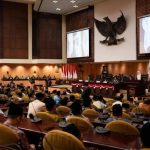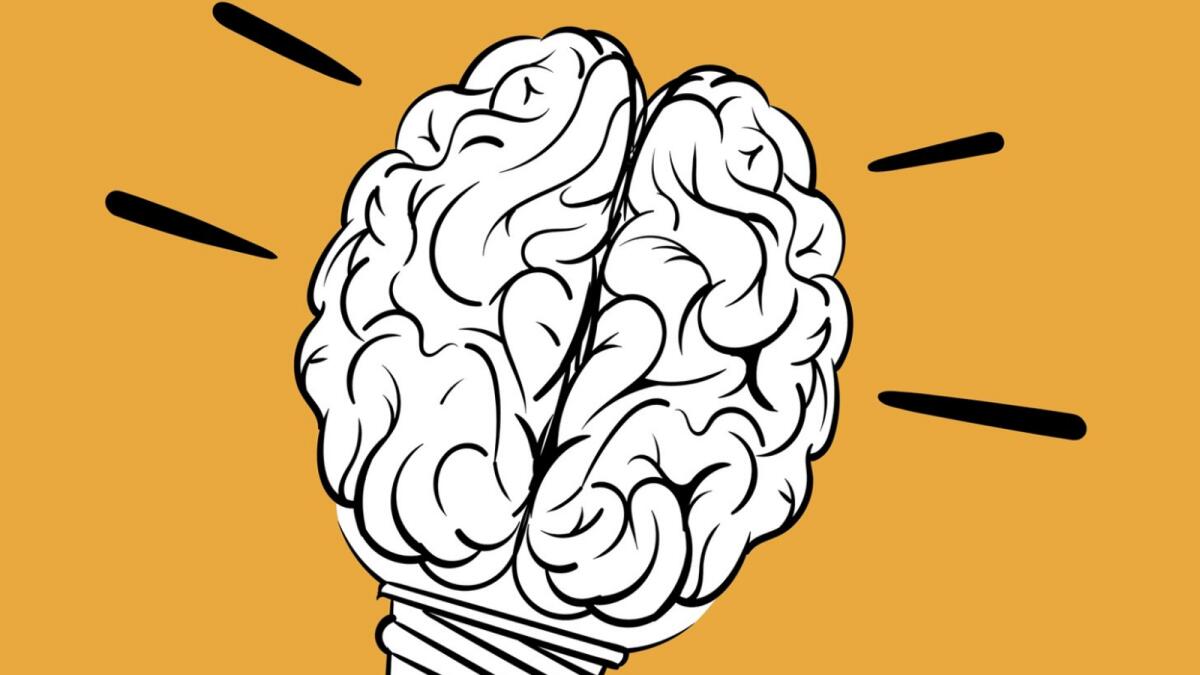Dr. Sweta Adatia, a prominent neurologist, emphasizes the importance of pushing the brain beyond its comfort zone for growth and success. She believes that the brain is a plastic organ that can adapt and expand, enabling individuals to change habits, learn new skills, and transform their lives. With her extensive medical background and experience, Dr. Adatia’s mission is to help individuals become the best versions of themselves by understanding their brain’s potential.
Her journey across five continents has led to groundbreaking work in brain mapping, particularly beneficial for students, corporations, and the community. Through her ‘Limitless Brain Lab’ in Dubai, she offers brain mapping services to help individuals make informed decisions about their future, career paths, and personal development. Dr. Adatia’s tools, such as ‘My Brain Design,’ provide tailored career options and insights into cognitive abilities to enhance performance and decision-making.
In her bestselling book ‘Future Ready Now,’ Dr. Adatia simplifies the complexities of brain patterns and offers practical assessments to identify brain strengths and priorities. The My Brain Design Method helps students navigate critical life decisions with accuracy, exposing them to over 800 career options tailored to their unique strengths. By recognizing individual strengths and guiding effective leverage, Dr. Adatia empowers individuals to unlock their full potential.
Dr. Adatia’s upcoming app, Zebra, based on whole-brain thinking, aims to simplify self-assessment with profound outcomes. Advocating for multi-sensory stimulation, she highlights the importance of engaging in activities that promote brain growth and prevent atrophy. By emphasizing continuous learning and adaptation, Dr. Adatia encourages individuals to maintain brain health and avoid the pitfalls of technological dependency.
Regarding the debate on AI’s impact on human intelligence, Dr. Adatia believes that AI’s data-driven approach cannot replace the sensory and emotional aspects of human intelligence. While AI may streamline tasks, human thought processes remain unique and irreplaceable. To counter the potential effects of technology on brain health, she suggests engaging in multi-sensory activities, such as walking, nature communing, and continuous learning, to stimulate the brain and delay cognitive decline.
Dr. Adatia recommends the MOVERS method, comprising meditation, breathing exercises, visualization, exercise, reading affirmations, and writing negative emotions, to promote brain health and cognitive function. By practicing these activities daily, individuals can maintain sharp and healthy brains, contributing positively to society. Dr. Adatia’s holistic approach to brain health emphasizes the importance of continuous stimulation and personal growth in enhancing cognitive abilities and overall well-being.









